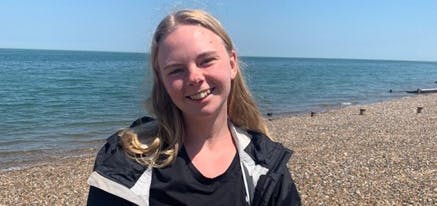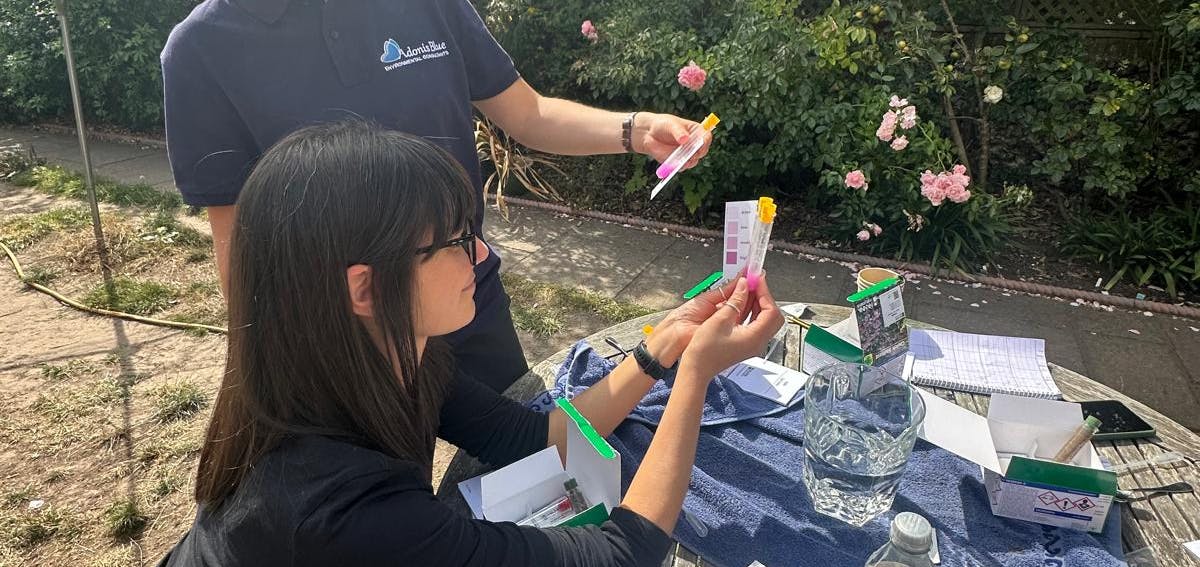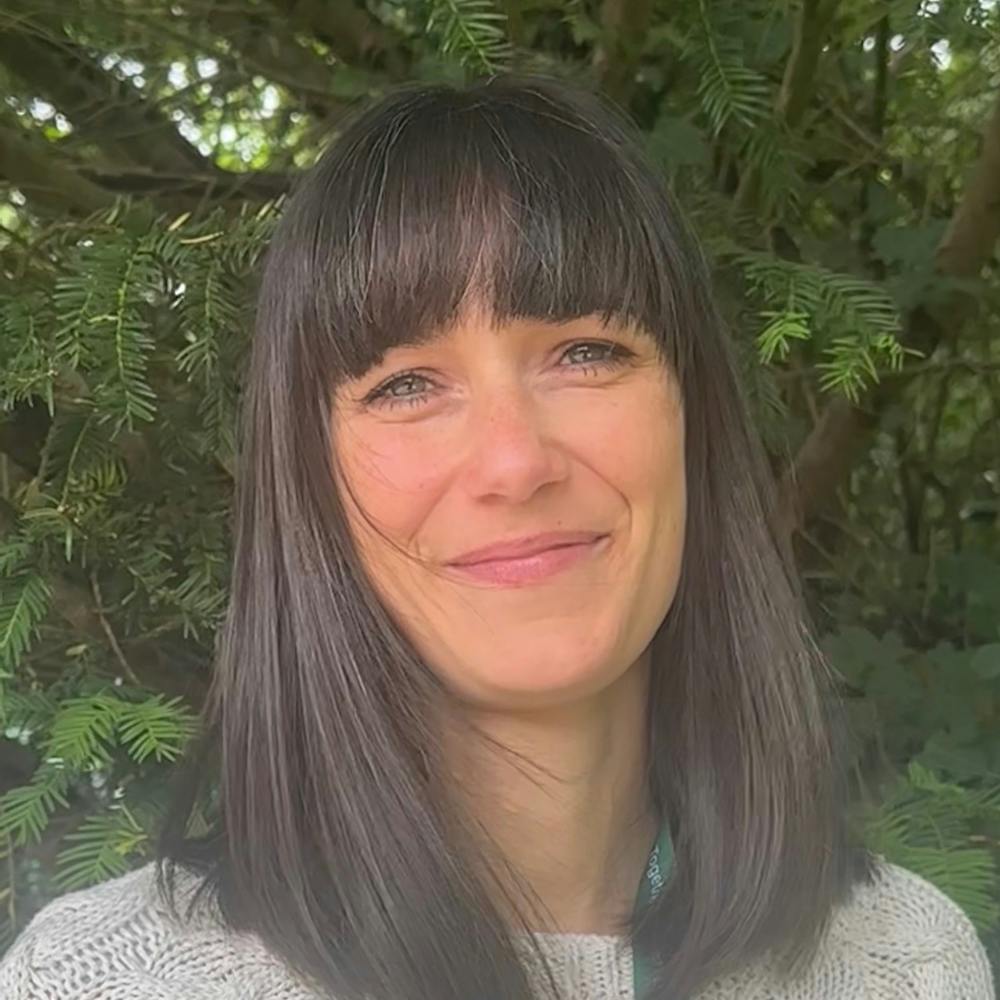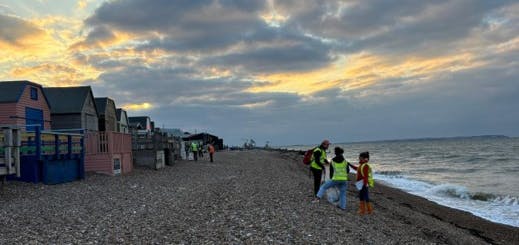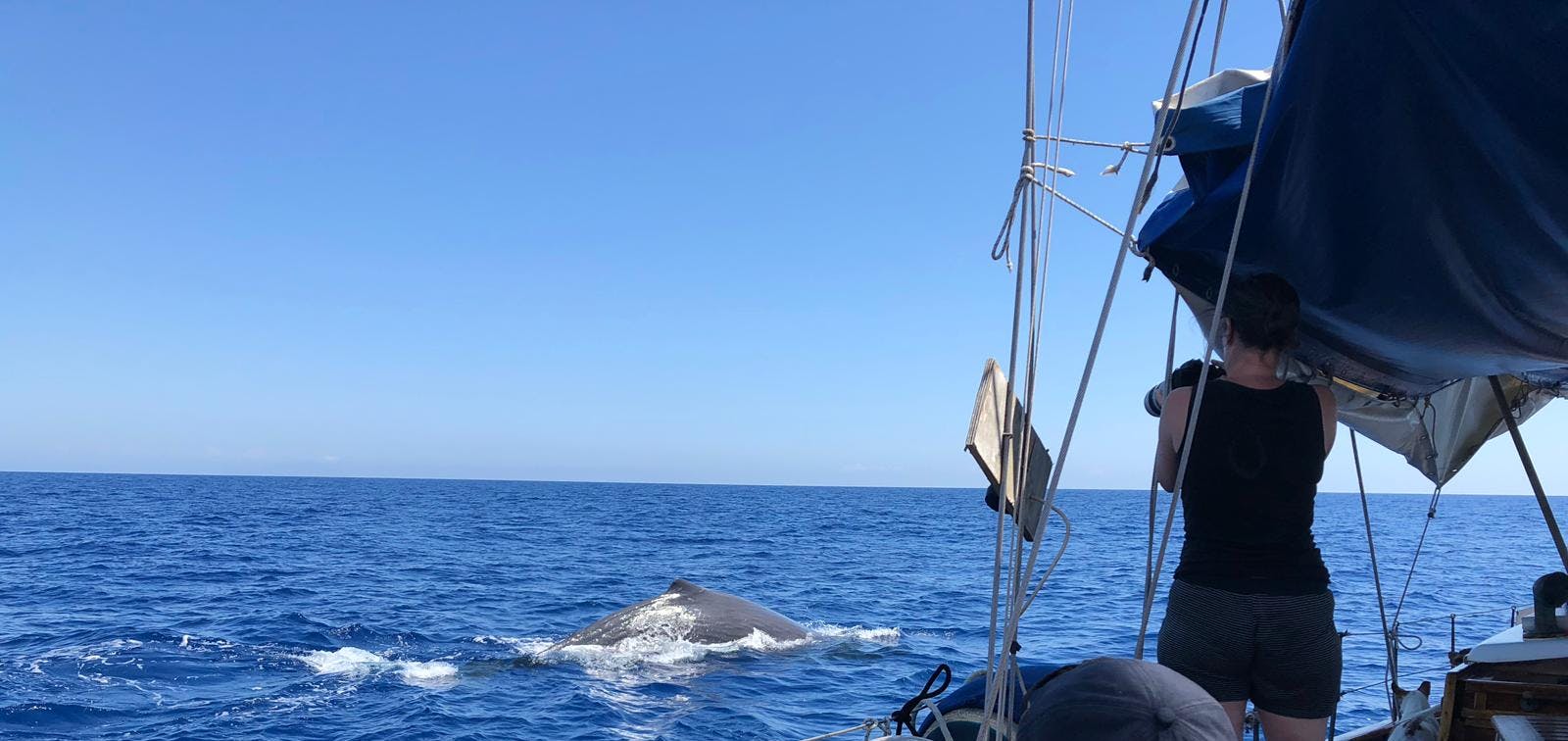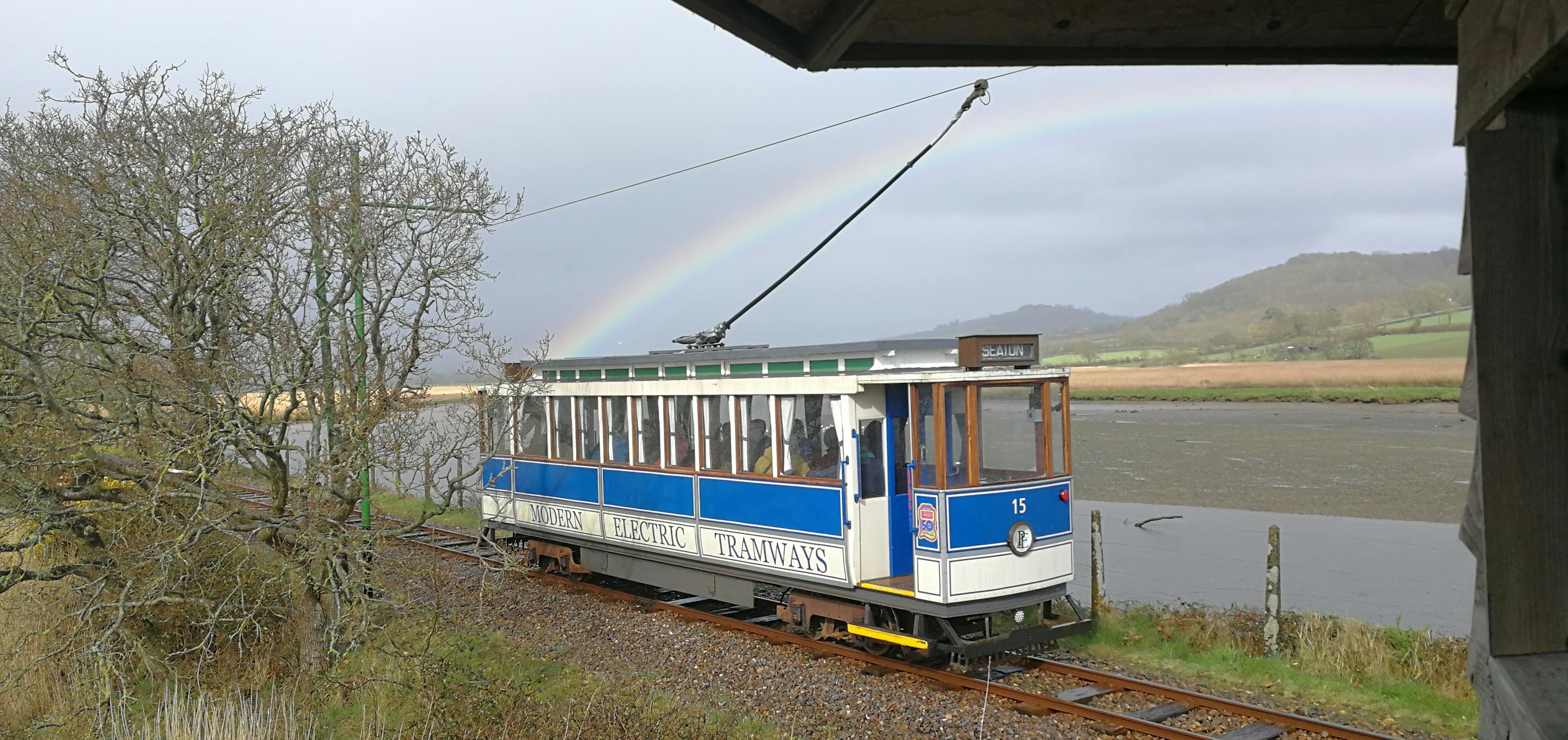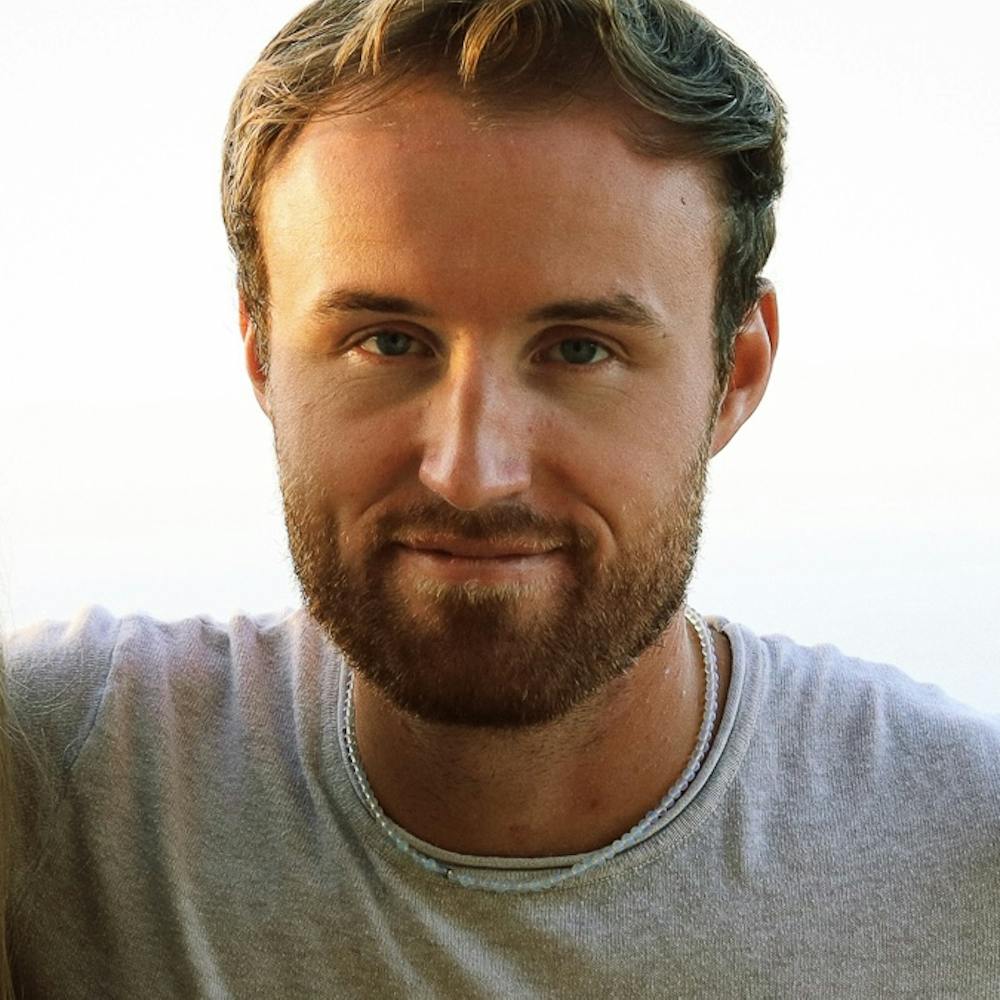Hello! My name is Linn Wiberg and I am one of the new Coastal Explorer Interns at Adonis Blue.
I’d like to think the world is my oyster – no marine pun intended. I was born in Sweden but I’ve been raised around the world. Some of my stops include Hungary, USA and Rome. And now, finally, London/Kent! No matter where in the world I was, I found myself drawn to nature and the wonderful life it fostered.

During the summers, we always came back to our home on the West Coast of Sweden. A small picturesque red cottage, surrounded by forest. In this little cottage in the middle of nowhere, there was freedom to explore nature. Privileged to be a bike ride away from the water, we could bike off at any time and jump into our lake or the ocean. Don’t get me wrong, the bike ride was hill after hill, but very much worth it. A town away from us, there is a fishing village, which means we were also spoiled with fresh seafood growing up. If we were lucky, we could sometimes go out on a boat and catch our own mackerel. Crabbing was also a beloved pastime, which naturally led to crab races, of course.
These summers are where my love for the marine world began. Ever since then, it has only grown.
Choosing to study Marine Biology at University proved to be one of my best decisions. Despite never having been in the UK before, I went to different open days and tasted many fish and chips. Finally, I decided on Plymouth which then became my hometown for the next 4 years. The Marine Biology course in Plymouth offers insights into marine ecology and biodiversity. Plymouth as a city also offers the unique combination of studying marine biology with esteemed researchers, surrounded by the water alongside many organizations conducting state-of-the-art research around the city. During my studies, learning from engaging lecturers and attending various practical sessions, every new topic piqued my interest. However, at the end of this journey I have honed in on ecophysiology, conservation and aquaculture. Finishing off my degree, I wrote my dissertation on the effects of warming and toxic microalgae on the common mussel.

What fascinates me about these topics is the interconnectedness between socioeconomics and the marine environment. How the marine environment interplays with humans through food, culture and wellbeing. Conversely, I am also interested in how humans can help mitigate the effects of climate change and other pressures on the marine world.

One summer, between 2nd and 3rd year, I was lucky enough to participate in an internship at Tjarno Marine Laboratorium in Sweden. Working alongside Pierre Raoul de Wit and Marlene Jahnke, we studied whether there was a difference in tolerance to heatwaves between eelgrass meadows with high versus low genetic diversity. This opportunity opened my eyes to the potential of seagrass and leaves me amazed at all the wonderful seagrass restoration projects going on. During this internship, I also took on the little side quest of learning to press seaweed.

Most recently, I went to Christmas Island to research the Christmas Island red crabs. For those of you who do not know where Christmas Island is, it is close to Indonesia but belongs to Australia. These crabs are land crabs. However, each year they migrate all the way across the island to spawn in the ocean. Some of you may have seen this in a David Attenborough documentary. To make it all the way across the island, they need rainfall throughout their migration period. On top of that, they need to arrive at the ocean, before dawn on a receding high-tide during the last quarter of the moon. This is to ensure that their young get highest chance of surviving (we presume). We went to Christmas Island with the mission to understand: how do these crabs know when to set off from their burrows to make it there on time? To investigate this, we collected samples to conduct clock gene analysis.

Now, the most exciting part, I have begun my internship with Adonis Blue. This is a journey I am excited to be on. The possibility of meeting people working with the marine environment and learning from people all around the UK is incredible. During the internship I will be undertaking an independent research project, focusing on the interaction between fisheries and seals. During this project, I am hoping to engage in productive work with fishermen whilst also working with conservation of seals. Fostering an atmosphere where we work together to achieve a sustainable coexistence in the marine environment is something I strongly believe in.

Alongside my project, my hope is to develop skills within community engagement and outreach, conservation and ecology. Collaborating with others to restore the marine environment or promoting sustainable aquaculture are two areas which I would love to get involved with. Through joining or hosting sessions such as beach cleans I am hoping to develop community engagement skills. I am constantly looking for opportunities to learn more about the state of aquaculture today and the applicability of biotechnology through finding training programs and conferences. Any opportunity to join in on a project regarding conservation, I am all in. Please feel free to reach out with any questions, comments, thoughts. As a keen marine biologist looking to start her career, I am always happy to learn and make the most of this incredible journey! Until next time!
